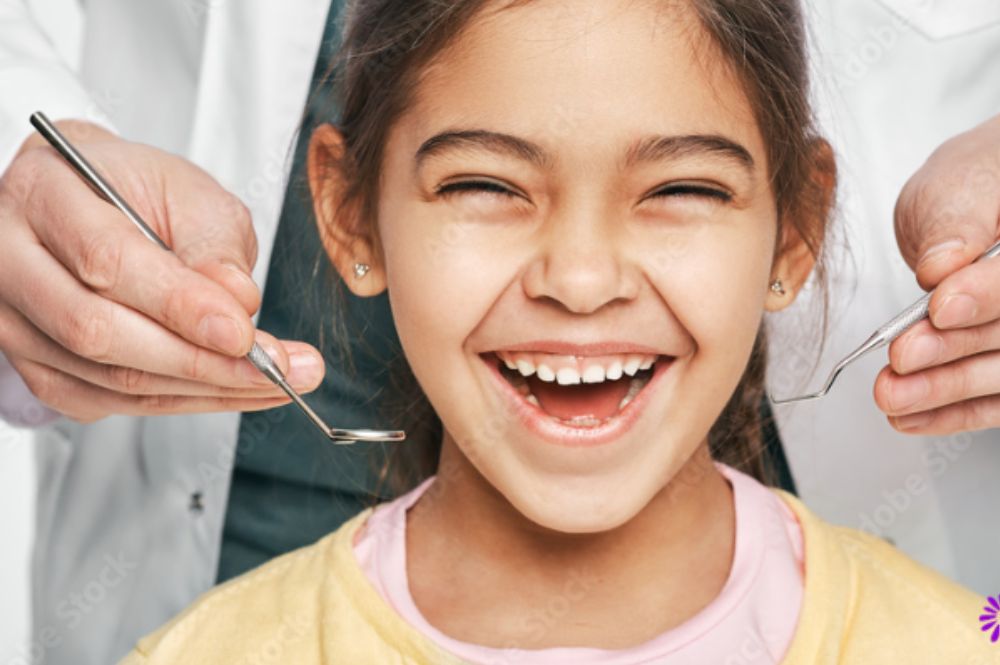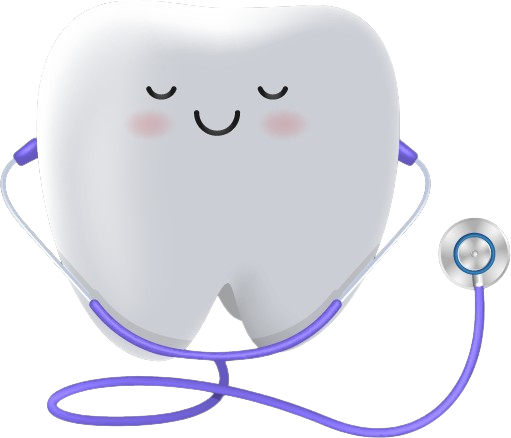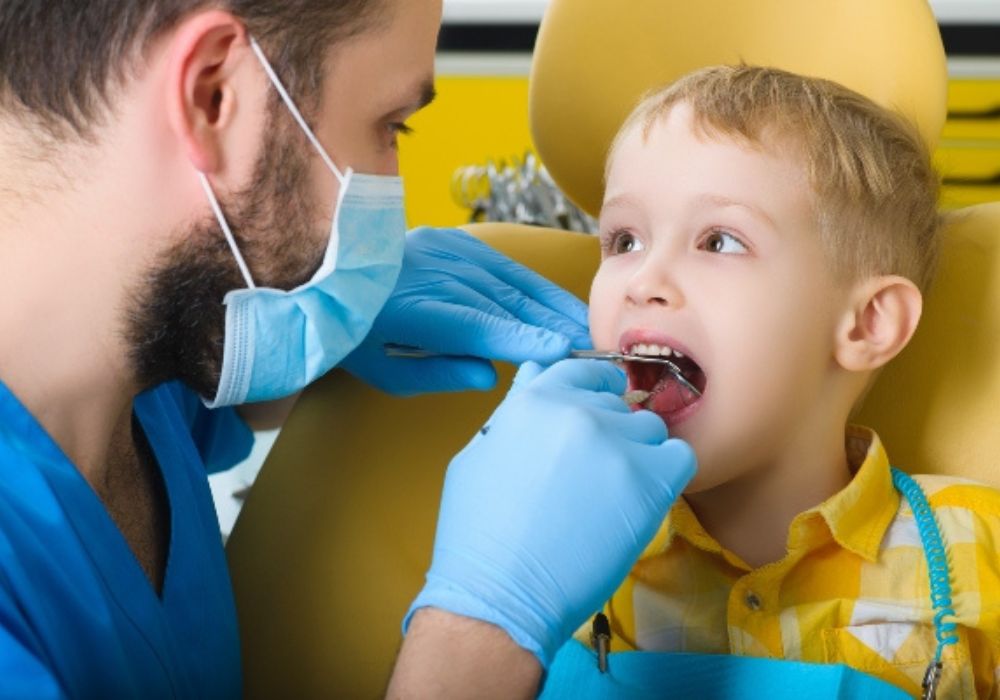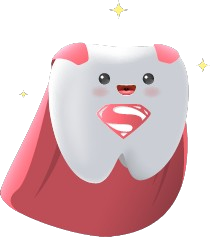Preventive dental therapy
Preventive dental therapy, such as baby teeth cleaning, removes tartar and plaque buildup, reducing the risk of gum problems and tooth decay, promoting good oral hygiene.




About Preventive dental therapy
Preventive dental therapy involves procedures like baby teeth cleaning (scaling) to remove tartar and plaque buildup, preventing gum problems and tooth decay. It also includes applying sealants to protect teeth from decay-causing bacteria. Fluoride treatments strengthen tooth enamel, reducing cavity risk, while routine dental X-rays help monitor tooth development. These therapies aim to maintain oral health, preventing serious dental issues in both children and adults.
Why Is Oral Prophylaxis Necessary?
Oral prophylaxis, or teeth cleaning, is vital to remove plaque and tartar buildup from teeth surfaces, preventing gum disease and tooth decay. Even with regular brushing, certain areas remain inaccessible, making professional cleaning essential to maintain good oral hygiene, prevent gum-related issues, and ensure overall dental health.
What Advantages Do Oral Prophylactics Offer?
Prevents Tooth Decay: Oral prophylaxis removes plaque, the leading cause of tooth decay. By eliminating plaque buildup, it reduces the risk of cavities and preserves dental health.
Prevents Gum Disease: Regular cleaning helps prevent gum problems like gingivitis and periodontitis by removing plaque and tartar, safeguarding gum health.
Prevents Bad Breath: By removing bacteria and plaque, oral prophylaxis prevents bad breath, promoting fresher breath and overall oral hygiene.
Lowers Risk for Diseases: Maintaining good oral hygiene through prophylaxis reduces the risk of systemic diseases associated with oral bacteria, benefiting overall health.
Early Disease Detection: Routine dental exams during prophylaxis can detect early signs of dental issues, allowing timely intervention and treatment.
Financial Savings: Preventive measures like prophylaxis are cost-effective, reducing the need for expensive dental treatments associated with untreated dental problems.
- Oral hygiene is crucial for maintaining healthy teeth and gums, preventing dental problems like cavities and gum disease, and promoting overall well-being.
- It is recommended to brush your teeth at least twice a day and floss once a day to remove plaque and food particles between teeth.
- Regular dental check-ups allow dentists to detect and treat dental issues early, prevent potential problems, and ensure optimal oral health.
- Symptoms of gum disease include red, swollen, or bleeding gums, persistent bad breath, loose teeth, and receding gums. It's essential to seek dental care if you experience any of these symptoms.
- To prevent cavities, maintain good oral hygiene, limit sugary foods and drinks, use fluoride toothpaste, drink plenty of water, and visit your dentist regularly for check-ups and cleanings.
Emergency Call
9440401993
